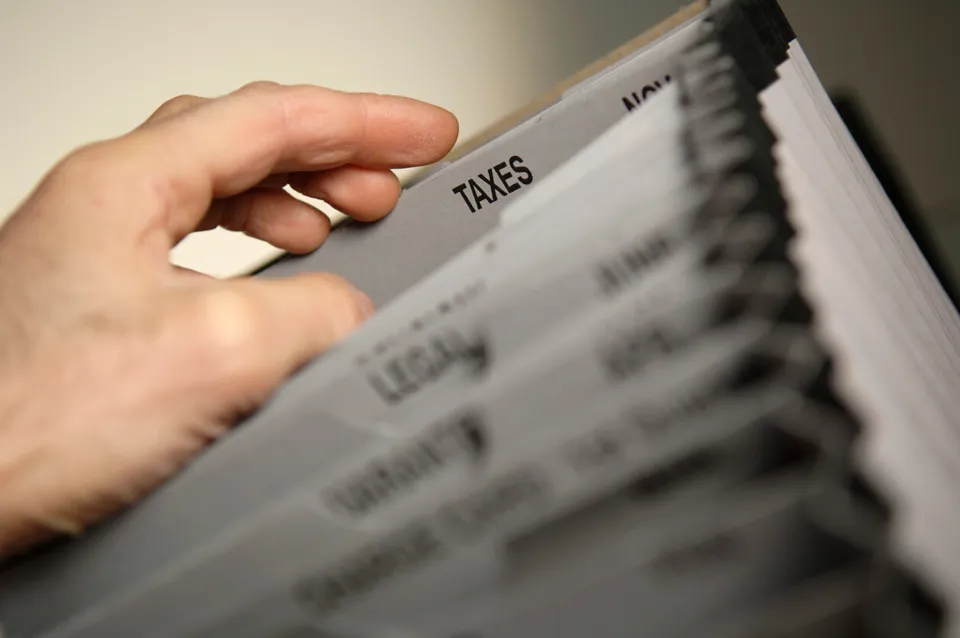But what does HMRC say?
Fleet News tried to ascertain the number of businesses HMRC has investigated for the possible payment of phantom business miles and how much money in back taxes it had received as a result.
However, having submitted a Freedom of Information request, we were told it was unable to provide any figures as too much work was involved.
Instead, an HMRC spokesman said: “HMRC has a responsibility to ensure that everyone pays the tax they owe and abides by the tax rules.
“Where people seek to consciously ignore or flout those rules to avoid paying the correct amount of tax, HMRC will not hesitate to take action.
“Employers should have appropriate systems in place to verify that any business mileage claims made by their employees can be paid free of tax.
“Should such claims turn out to be false, both the employer and employee may be liable to any action taken by HMRC.”
Poll reveals mileage audit split.
Fewer than one in two fleets (46%) carry out a mileage audit of their drivers’ claims, according to a Fleet News poll.
Apart from satisfying HMRC that mileages are not being overpaid, mileage audit can help drive down fuel costs and emissions.
“We now have a complete picture of our drivers’ mileage profiles – business commuting and private,” said Sean Walshe, business systems implementation manager for IPS.
“Together, these measurements will enable us to formulate and develop effective initiatives to reduce fuel consumption and therefore carbon emissions.”
Walshe sees the data captured by mileage audit as a key that will help unlock future improvements in the way IPS manages its cars and carbon emissions.
“We can go to the board and put forward these initiatives because we now have the figures to back them up,” said Walshe.




















Login to comment
Comments
No comments have been made yet.